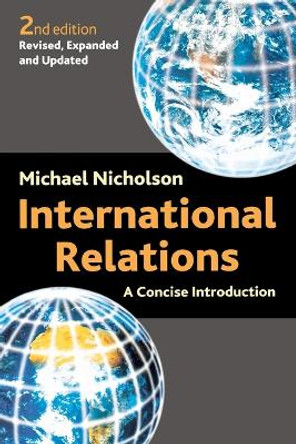In this book, Professor Nicholson outlines social scientific approaches to international relations and then describes the problems of rational decision-making in conflict situations. He shows how rationality is in many strategic situations hard to define and often leads to paradoxes such as the prisoners' dilemma. In the following part the author explores rational beliefs about the international system. He examines theories of arms races, alliances and the international problems of ecology. Here he is critical of the classical school of international relations for a lack of rigour in dealing with the problems of evidence and belief. Finally, Michael Nicholson discusses the philosophy of science, policy and ethics. This book is both an exposition and a defence of a social scientific approach to international relations. With its emphasis on social scientific approaches, theory building and testing - and above all its clarity and accessibility - it provides students with a key to understanding the complex field of conflict analysis.
This book covers the problems of rational decision-making in conflict situations.Reviews'The work explores, from a philosophical basis, the various aspects of rationality, as well as its inherent dilemmas, as applied to the study of the arms race as well as to that of alliances, in most cases ending up with persuasively common sense-like suggestions ... the work is not overburdened with mathematical formulae, but for the most part written in a fluent style, appealing to the layman as well as the specialist.' Nod and Conversion
Book InformationISBN 9780521398107
Author Michael NicholsonFormat Paperback
Page Count 280
Imprint Cambridge University PressPublisher Cambridge University Press
Weight(grams) 428g
Dimensions(mm) 228mm * 152mm * 17mm





